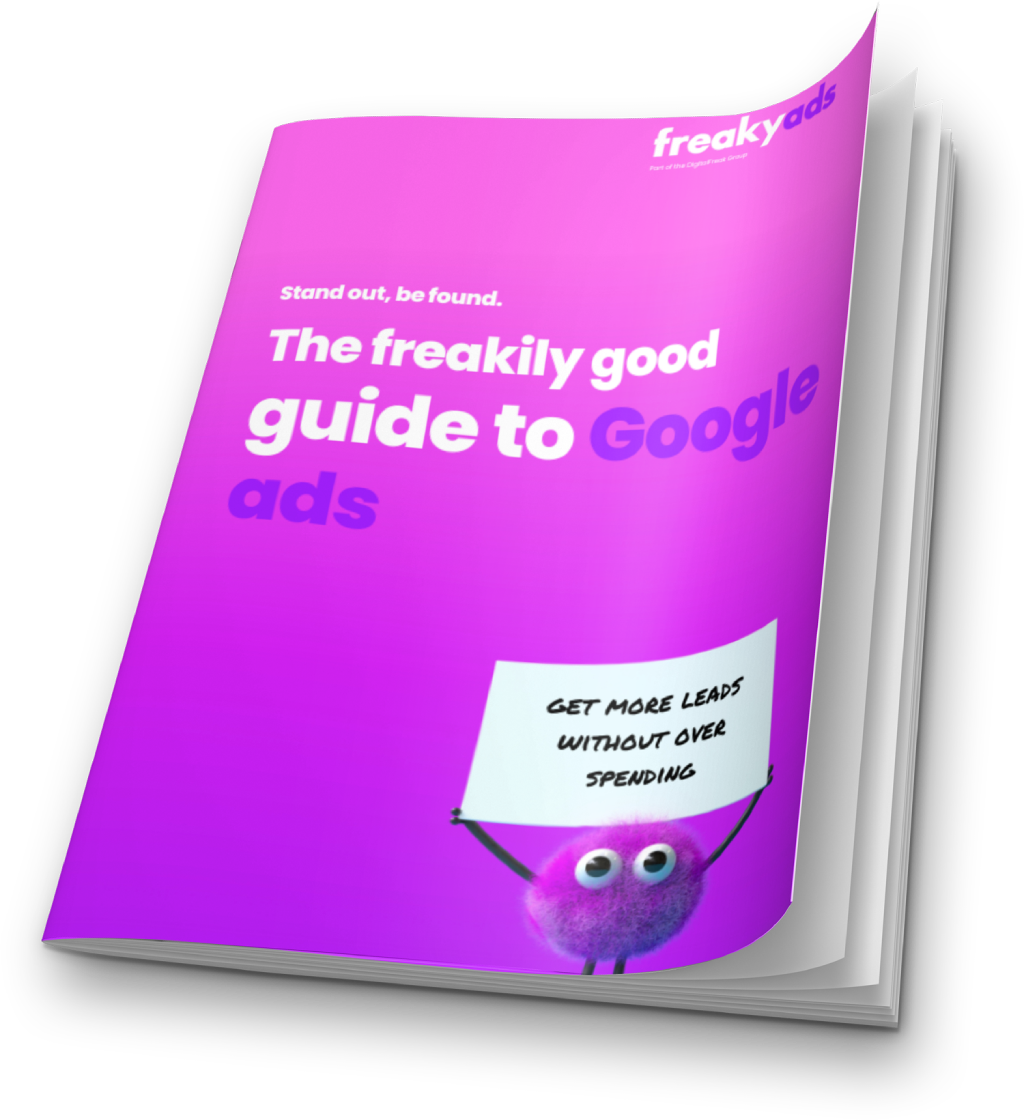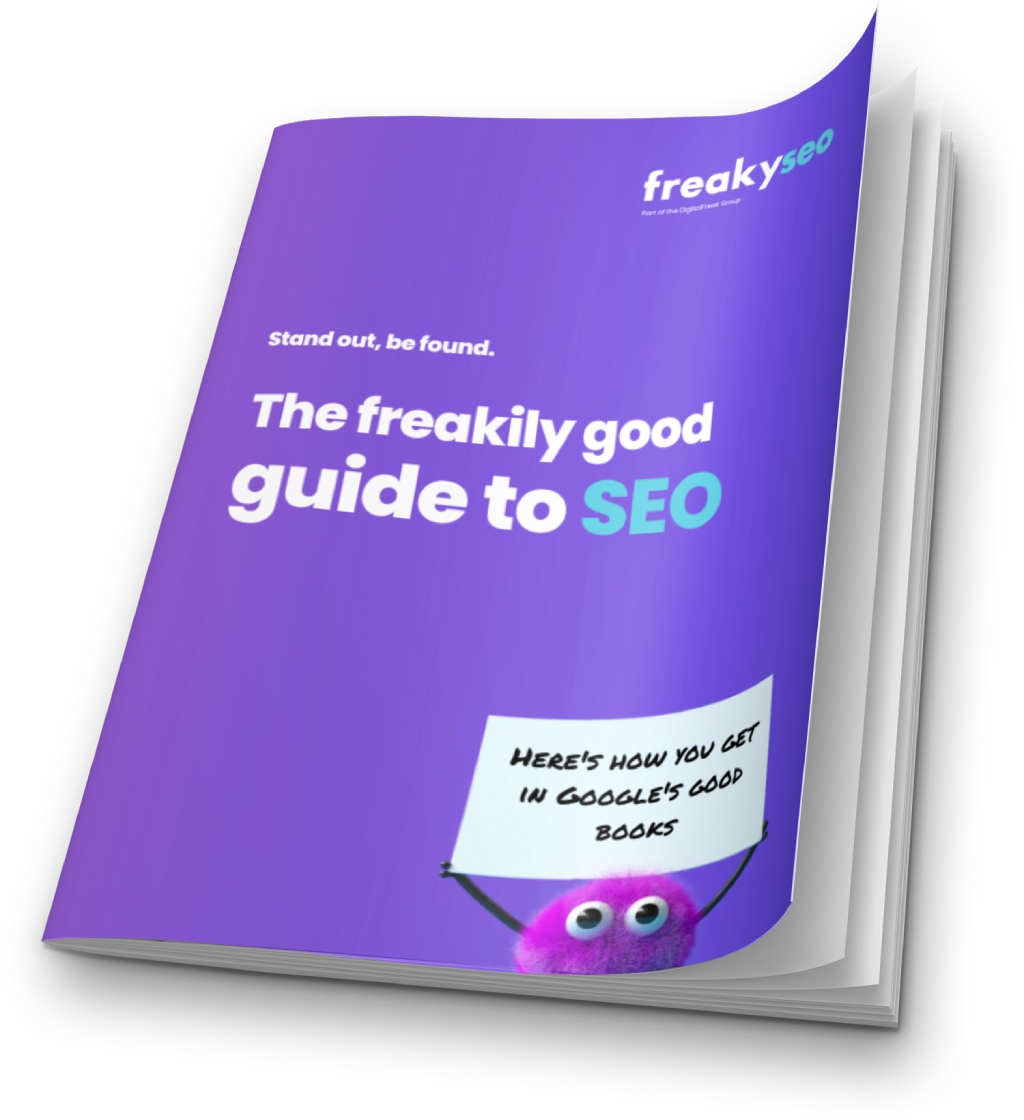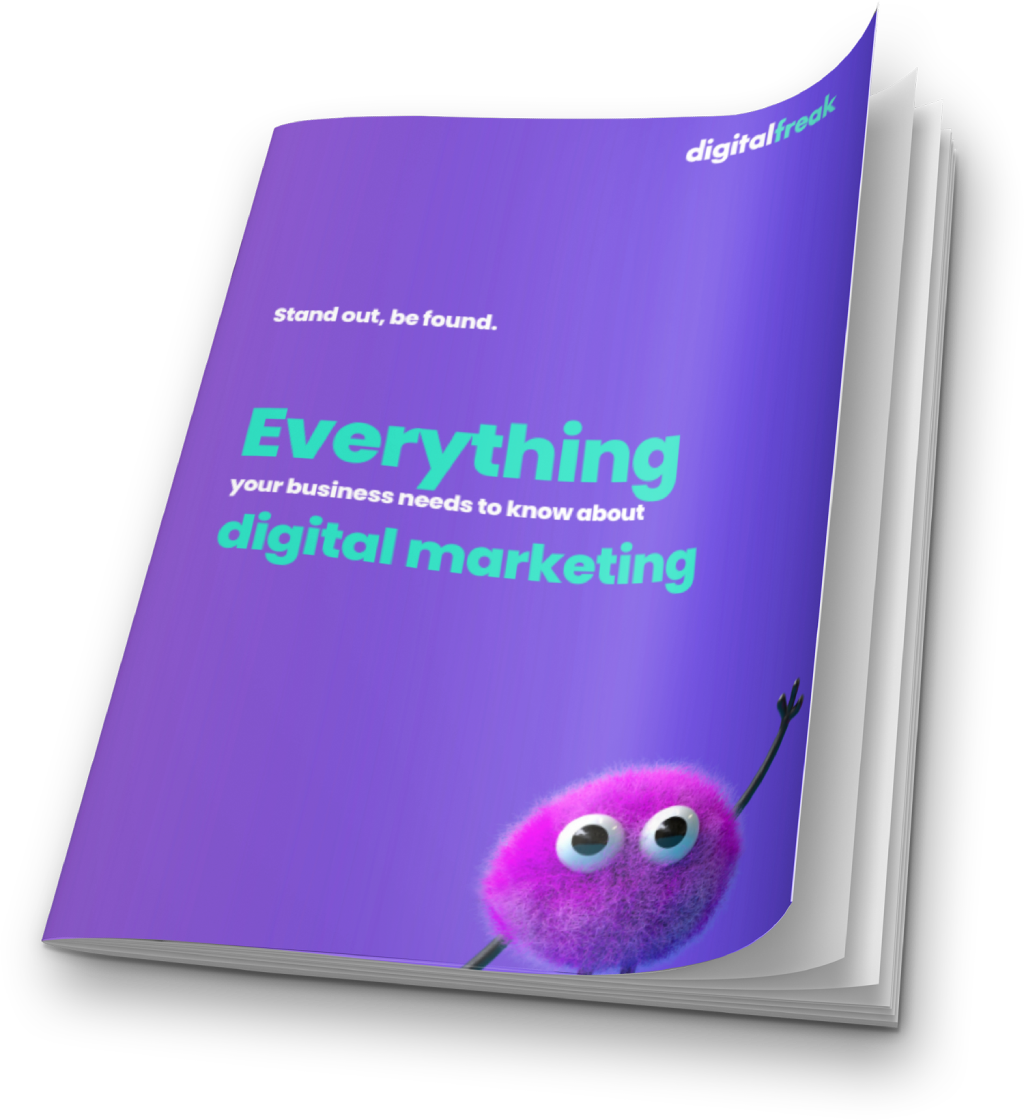As our approaches to marketing are constantly evolving and becoming more complex, so does the language we use to describe them. SEO and SEM are the two major categories under the search marketing umbrella. You may have heard these terms being interchangeably used, but if you aren’t already familiar with the fundamentals of search engine optimisation (SEO) and search engine marketing (SEM), they can be tricky concepts to wrap your head around. Although the two terms sound very similar to one another, they are actually two very different concepts in search marketing. Here’s what you need to know about SEO and SEM.
SEO
Search engine optimisation is the process of optimising your website for the purpose of getting free traffic from appearing high on the search engine results page. An optimised website is more easily understood by search engine crawlers and therefore will increase the chances of ranking higher and gaining website traffic. Not only are optimised websites easier to crawl, but search engines like Google aim to provide the best possible results to searchers and will favour optimised websites to ensure users get quality, relevant and credible results.
In order to ensure search engines favour your website and therefore increases your ranking on the results page, there are a number of ways you can optimise your website at zero cost. Examples of this include ensuring all your pages have title tags and meta descriptions, incorporating strong keywords into your content, being active on social media to help create external links and creating quality content to build credibility. We have written a number of other SEO blogs that go more into depth on the ways you can update and optimise your website to ensure you stand out from your competitors and get found online.
The most important thing to remember about SEO is that it utilities organic strategies to appear in search and therefore results are never guaranteed. In order to determine what yields the best results, SEO involves constant adjusting and tweaking which can be time consuming and confusing if you aren’t familiar with what is involved. This is where SEM becomes useful.
SEM
Similarly to SEO, the main goal of search engine marketing is to rank higher in the search engine results page, however SEM utilises a paid strategy in order to do so. A paid SEM strategy involves setting up and optimising ads as well as setting a budget that pays for the placement of them. These advertisements are commonly referred to as pay per click (PPC) or cost per click (CPC) ads which means the advertiser is only charged when a usertakes action by clicking.
Paid advertising allows you to target potential customers through relevant copy and keywords that match their searches. The ads that you see at the top of the search engine results page are the paid advertisements and results that follow, are the organic listings. Due to their high visibility, paid ads cause more users to see your content, boosting your web traffic and increasing the chance of conversions. Unlike SEO, the impact of SEM is immediate as ads appear in the results page as soon as you launch your campaign. This allows advertisers to test content, copy and target audiences and determine which strategies obtain the best results. The downside to this is that SEM is only active as long as you are paying for the results to appear whereas SEO is ongoing and adds value over time.
So which one will yield the best results for your business? An organic strategy or a paid strategy?
This depends on several factors. If your website is already fairly optimised and is currently performing well in organic search, then adopting a paid strategy probably isn’t very necessary. SEO is a better option for businesses that are already well established and in demand due to the long-term value they have created. On the other hand, an organic strategy is also recommended if you have quite a bit of content gaps to fill and there isn’t a lot of competition for your target or keywords. If there is a lot of competition for your keywords and your business is new with little to no online presence, then adopting a paid strategy is the way to go. SEM is a suitable option if your website is lacking in good SEO or if you want to test out your products or services in a new market to gauge the response.
Another important element to consider is the type of product or service you are offering and the average buying cycle of your customers. If customers typically know what they want and immediately make a purchase after they search, then a SEM strategy is recommended. If the product or service is a high involvement purchase and users tend to research heavily before they buy, then building a long term SEO strategy is the better option.
At Digital Freak, we pride ourselves on being SEO and SEM specialists, so if you’re not sure which strategy will be the best for your business, we are here to help! We offer a free SEO audit which can help determine what needs to be altered to help you get found online. To claim your free SEO audit contact us today and mention this blog.

Written by
Murtaza Rangwala - PPC Specialist
I’m all about making your online ads pay. As a PPC pro, I spend my days and nights creating, optimising, and analysing client strategies so they deliver the clicks. With a mix of creative and analytical strategies, I’ll make sure your campaigns land your business the top spot – and that customers see you first.














